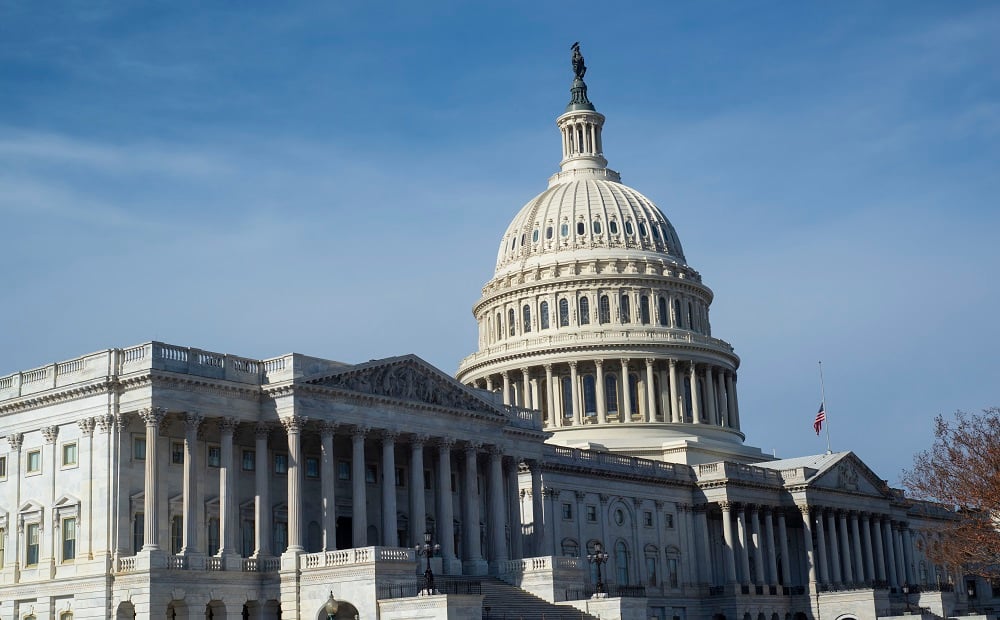The House Education & the Workforce’s Subcommittee on Workforce Protections held a hearing last month on how to allow states and companies to provide independent contractors with employer-provided benefits without causing them to be classified as employees. Subcommittee Chairman Rep. Kevin Kiley (R-CA) said at the hearing that he is working on legislation to achieve this result.
Rep. Kiley said his legislation would create a safe harbor rule that would allow independent contractors to receive such employer-provided benefits as health insurance, retirement plans, and paid leave without the existence of such benefits being used as a factor in determining whether the worker is independent, or an employee.
“We can support state efforts to provide portable benefits by assuming that there’s not a perverse effect then of that being used to kind of punish hiring entities who extend such benefits by saying now they’re going to be held liable for misclassifying their workers,” Rep. Kiley said.
Rep. Kiley opposes the new worker classification regulation and has introduced a Congressional Review Act (CRA) motion to block it. The rule is also subject to legal challenge, with a business coalition having filed a lawsuit asking for it to be struck down. The lawsuit is pending before a Texas district court.
Witnesses and subcommittee members at the hearing pointed to state laws, like one in Utah, as examples of portable benefits legislation. The Utah law establishes a framework through which both private sector companies and government entities can offer flexible benefits without risking the workers being reclassified as employees. Subcommittee Democrats pushed back on such proposals, though, saying these kinds of laws let companies misclassify their workers when they should be employees. “Providing some of the benefits of being an employee to compensate for the damage done by a worker being misclassified is not enough,” commented Rep. Bobby Scott (D-VA), who is ranking member of the full Education & the Workforce Committee.
Prospects: Worker classification remains a hot topic, even in light of the new now-final worker classification rule. Movement towards portable benefits is growing—and if it succeeds, creates a new opportunity for NAIFA members in the employee benefits market. For example, there is a bipartisan bill pending in the Senate, S.1696, sponsored by Sens. Mark Warner (D-VA) and Todd Young (R-IN) that would create a $20 million grant at the Department of Labor to incentivize states, local governments, and nonprofit organizations to experiment with portable benefit models. It is unlikely this bill will advance this year, but it could be foreshadowing activity to come as the “gig economy” grows.
NAIFA Staff Contact: Jayne Fitzgerald – Director – Government Relations, at jfitzgerald@naifa.org.






.png?width=600&height=90&name=Support%20IFAPAC%20%20(600%20%C3%97%2090%20px).png)
